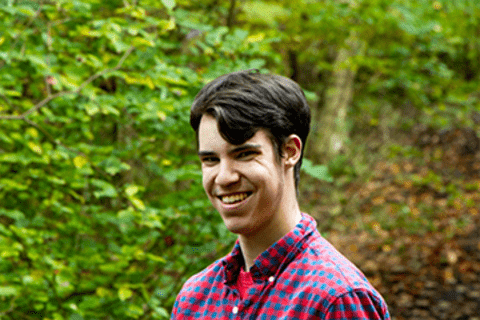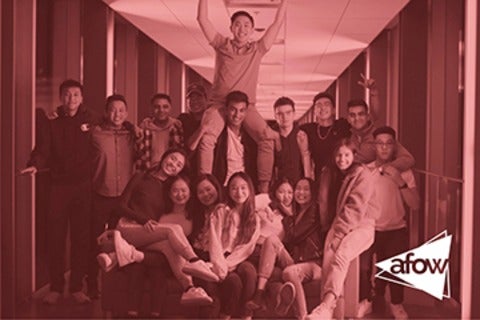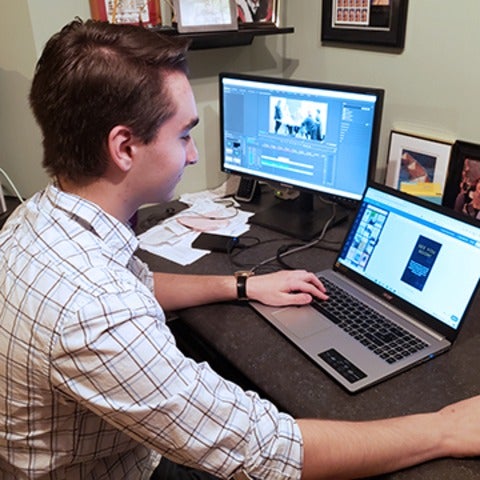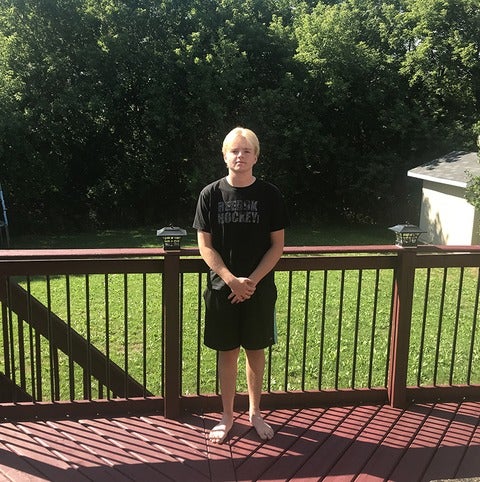Life Lessons of Empathy and Giving Back
SAF students from the Spring 2020 International Study Trip virtually met with alumni and dignitaries mostly from New York City. Although the course focused on NYC, SAF students were still able to expand their reach to meet with other alumni and dignitaries spanning from Hong Kong to California. I ended up virtually meeting with Kelvin Tran from NYC who offered me educational and informative knowledge that I will use to help grow my career.












